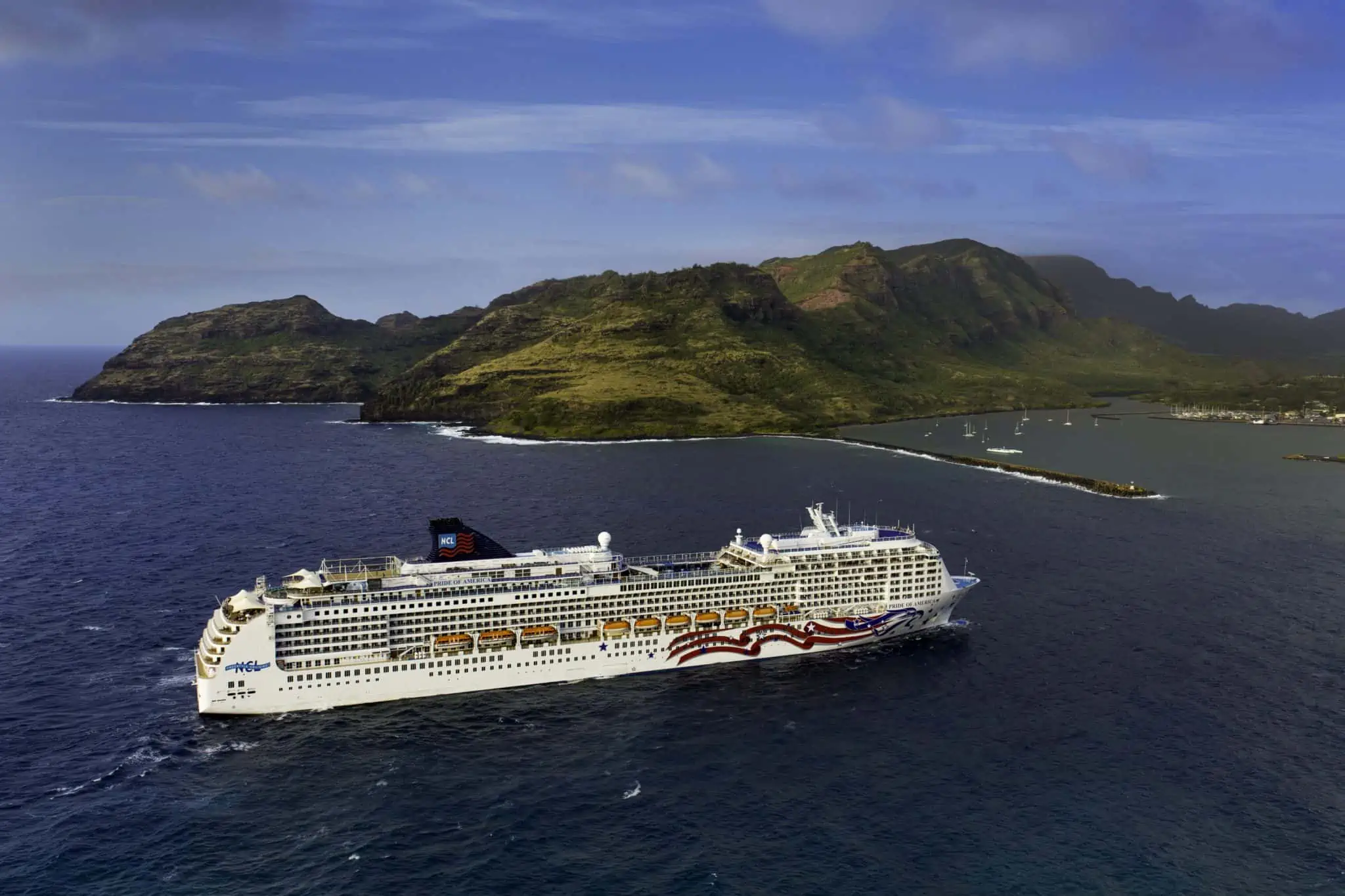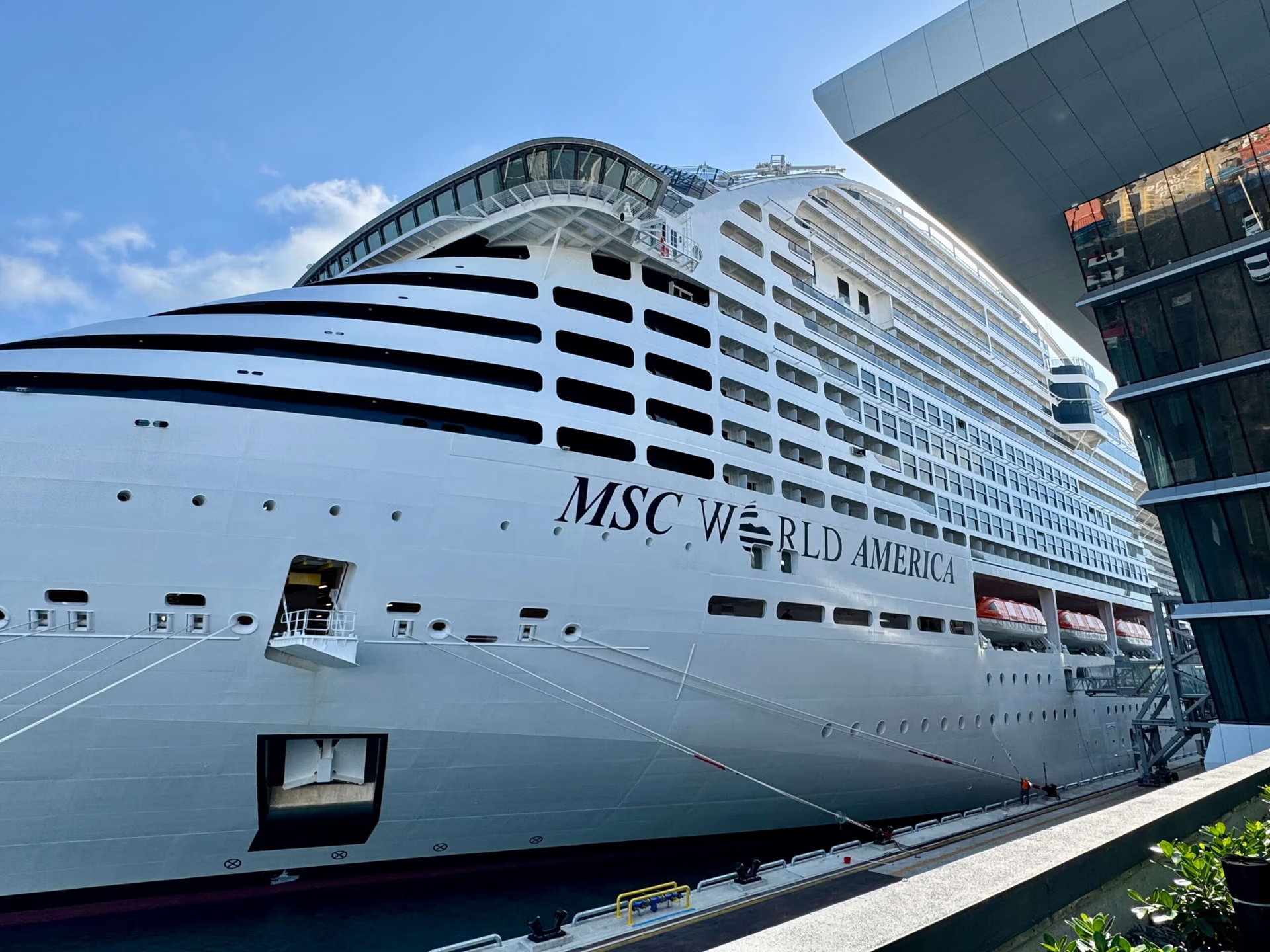Destinations worldwide are taking on the dual challenges of environmental damage and overtourism. The cruise industry has become an easy target as a primary culprit in both these issues, particularly with small island nations.
Cruise ship tax is nothing new. Still, many islands and port cities struggle to balance a thriving cruise tourism-based economy and a general quality of life.
8 Cruise Ports Adding Passenger Taxes in 2024
Here are the destinations taking a stand and hiking or imposing new cruise ship taxes.

Ketchikan, Alaska
Alaska: Earlier this year, the Ketchikan City Council agreed to hike the head tax for cruise ship passengers disembarking at the city dock from $9 to $11 per cruise passenger.
The per-passenger cruise tax is subject to a further increase to $12 in 2025. This makes it significantly more expensive than Juneau, which has a $5 tax plus a $3 ‘port fee.’
The Bahamas
The Bahamas government announced an increased cruise tax for visiting ships, which had been delayed from last summer and will now take effect January 1, 2024, due to pushback from cruise lines.
Already relatively expensive, cruise ships at Freeport, Nassau, and Bimini will see taxes rise from $18 to $23. Ship passengers only visiting a cruise line’s private island will face a higher fee of $25. The Bahamas will also levy a $5 per person environmental tax and a $2 tourism enhancement tax.
Amsterdam, Netherlands
Amsterdam has taken initial steps to ban cruise ships sailing into the city eventually. In the meantime, the city council announced a sharp hike in the cruise ship tax of more than one-third.
Cruise ship passengers will pay €11 per person, up from the current €8. The city also increased the hotel tax rate by a quarter.
Venice, Italy
A historic city that has become a byword for over-tourism, Venice will implement a €5 ‘day-tripper tax,’ which will include cruise ship guests on day tours of the city.
The new fee is being trialed from spring 2024 for day-trip visitors over 30 peak travel days during the year.
Barcelona, Spain
Catalan City has a municipal fee, set to go up from €2.75 to €3.25 for cruise passengers and other tourists from April 1, 2024.
The city has also shifted all cruise ship operations from the downtown port to its other piers.
St. Croix and St. Thomas, USVI
The USVI government is implementing the new $5 Capital Cost Recovery Charge (CCRC) from January 1, 2024, to fund port upgrades. It will impact passengers arriving on Royal Caribbean ships at St. Thomas and St. Croix.
Lisbon, Portugal
The city just confirmed it will charge cruise lines a per-passenger tax of €2 to dock in the city. It hasn’t given an exact start date yet, but it is expected to kick off in early 2024.
City officials expect the tax will raise about €1.2 million per year.
Cozumel and Costa Maya, Mexico
The Mexican state of Quintana Roo recently proposed a $5 per passenger tax for ships docking at Cozumel and Costa Maya cruise ports.
As part of the state’s 2024 Fiscal Package, the tax would likely kick in from January 1, 2025. Funds would be used for tourism infrastructure improvements and natural disaster preparedness. It remains a proposal that would require federal government approval.
Why do cruise ports charge taxes?
Passengers generally pay port taxes as a component of their cruise fare. The taxes are included in the total cost by the cruise line and itemized on the invoice. The objective is to streamline the process and ensure all essential fees are paid before embarking on the journey. The cruise lines then transfer the money to the state or government association.






